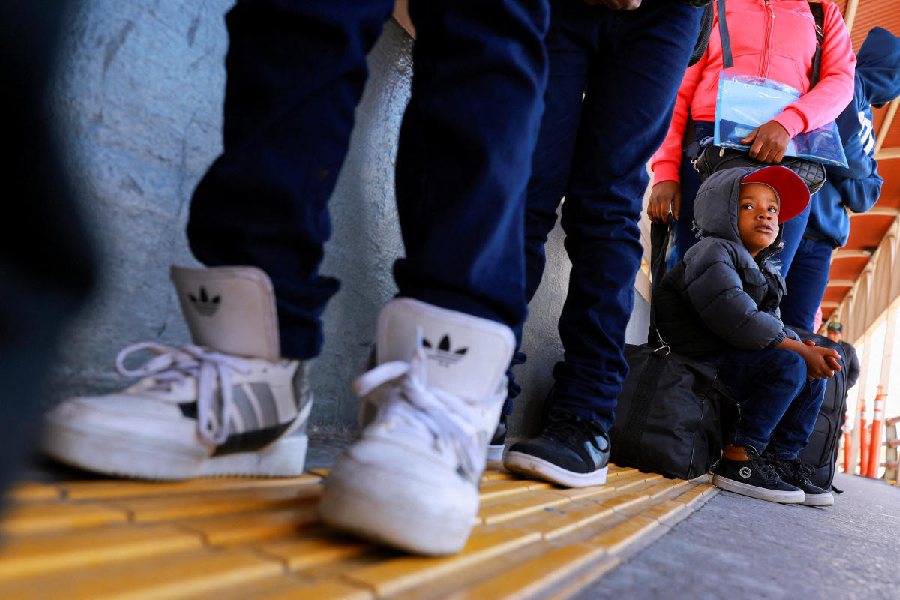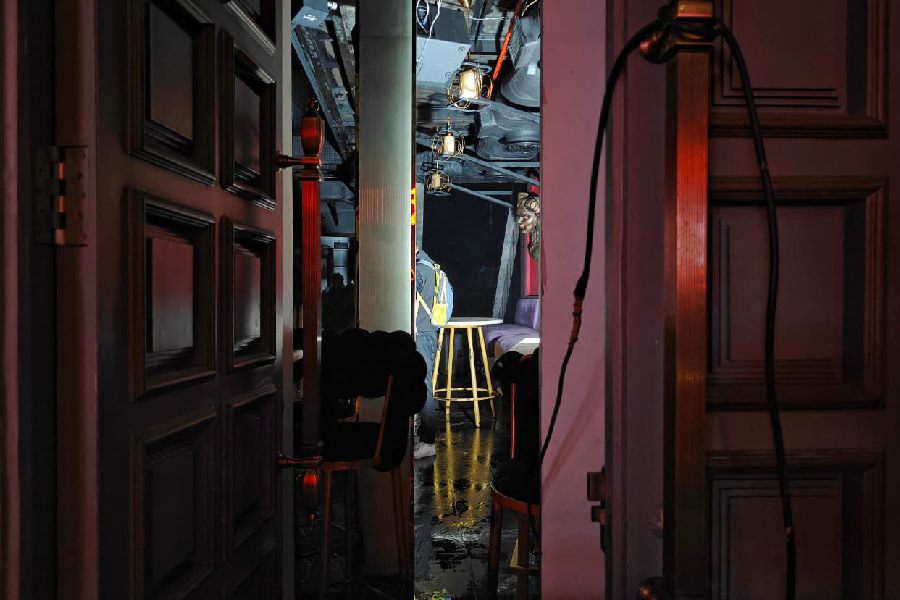Little did the Bangladeshi journalist, Abdul Latif Morol, know that writing about a dead goat on Facebook would land him in jail. Last year, Morol, a local journalist from Khulna, over 200 kilometres south of Dhaka, posted, "Goat given by state minister in the morning dies in the evening." Morol was put behind bars for a day under Section 57 of the Information and Communication Technology Act.
But things can go worse for journalists in this country, which ranks 146 out of 180 countries in the press freedom barometer, Reporters Sans Frontières' '2017 World Press Freedom Index'. If the Digital Security Act, recently approved by the country's cabinet to tackle cybercrime and protect national security, gets a nod in Parliament, journalists could also be convicted of espionage.
Various sections of this law impinge upon the right to freedom of speech and expression, thereby preventing journalists from gathering information against the government. For example, Section 32 of this proposed law says that secret recording of any information at any government, semi-government or autonomous institution would be considered spying, leading to 14 years in jail or a fine of 25 lakh taka (Rs 19,24,395) or both. These days, reporters collect information in various ways digitally - they take pictures, make videos and record interviews - all on their smartphones. A law like this will create hurdles for objective reporting, local journalists allege.
After journalists came out in large numbers on the streets of Dhaka to protest against this assault on press freedom, ministers of the ruling Awami League government reassured them that Section 32, a non-bailable offence, would not interfere with their work and all stakeholders would be consulted before the law is passed. But journalists are not convinced because they have witnessed the high-handedness of the State earlier. At least, 25 journalists including Morol were booked under Section 57 of the ICT Act last year alone. After a huge uproar by the media, the government proposed to revoke Section 57 but ironically, provisions of this section have now been included in the newly proposed law.
For example, hurting religious sentiments and tarnishing the image of the State are punishable in this proposed law, just as they were considered to be offences in Section 57 of the ICT Act. As per Section 28 of the proposed law, one would face the maximum punishment of 10 years in jail or a fine up to 20 lakh taka (Rs 15,46,936) or both for hurting religious sentiments; and Section 25 of the law prescribes a maximum punishment of five years in jail or a fine of up to 10 lakh taka (Rs 7,70,220) or both for tarnishing the image of the State.
The irony is, such penalties are likely to be imposed on the press, which is already pro-Sheikh Hasina Wajed, the prime minister. The mainstream Bangladeshi media give wide coverage to her press conferences bashing the Khaleda Zia-led Opposition, the Bangladesh Nationalist Party, but it seldom asks tough questions on the increasing number of random enforced disappearances of journalists, activists and former diplomats who are critical of the government, and the arbitrary arrests and detention of political opponents.
In spite of enjoying such a pro-government approach of the press, Wajed, the self-proclaimed saviour of Bangladesh's democracy, has made several attempts to curb its freedom in the past few years. Last year, The Jessore-based journalist and rights activist, Binoy Krishna Mallik, was arrested for holding a press conference to expose the alleged corruption of the local superintendent of police. In 2016, the senior journalist, Shafik Rehman, was arrested for allegedly plotting to abduct and kill Sajeeb Wazed Joy, the prime minister's son. In 2014, the cabinet approved the national broadcasting policy, which prohibits electronic media from disseminating news, photographs, or videos that could tarnish the image of law enforcement agencies and armed forces or counter the government or impede national security.
Besides national security, Wajed is also trying to control freedom of speech in the name of nationalism. For example, Section 21 of the proposed Digital Security Act carries a life sentence or fine of up to three crore taka (Rs 23,568,607) or both for anyone spreading negative propaganda against the 1971 Liberation War or the Father of the Nation, Sheikh Mujibur Rahman, digitally, for a second time. Criticizing this provision, the United Nations treaty, International Covenant on Civil and Political Rights, to which Bangladesh is a party, stated that the laws that penalize the expression of opinions about historical facts are "incompatible" with the country's obligations to respect the "freedom of opinion and expression".
With the parliamentary elections scheduled in December this year, Wajed is leaving no stone unturned to remain in power for the third consecutive term. Her main Opposition, the BNP chairperson, Khaleda Zia, has been sentenced to five years in jail for graft. There are additional charges of arson and violence against her, which could mean more years in jail and no elections for her. Scores of BNP workers have been arbitrarily arrested by the police for demanding Zia's release. If Wajed manages to bully the press too, it is certainly a clear victory for her. But this year's elections could be a repeat of 2014 polls, which were widely condemned by the international community for not being "free and fair".
A question which many liberal thinkers are asking now is, in this desperation to remain in power, has Wajed forgotten, Bangladesh was built upon the 'liberal ethos' by none other than her own father?











